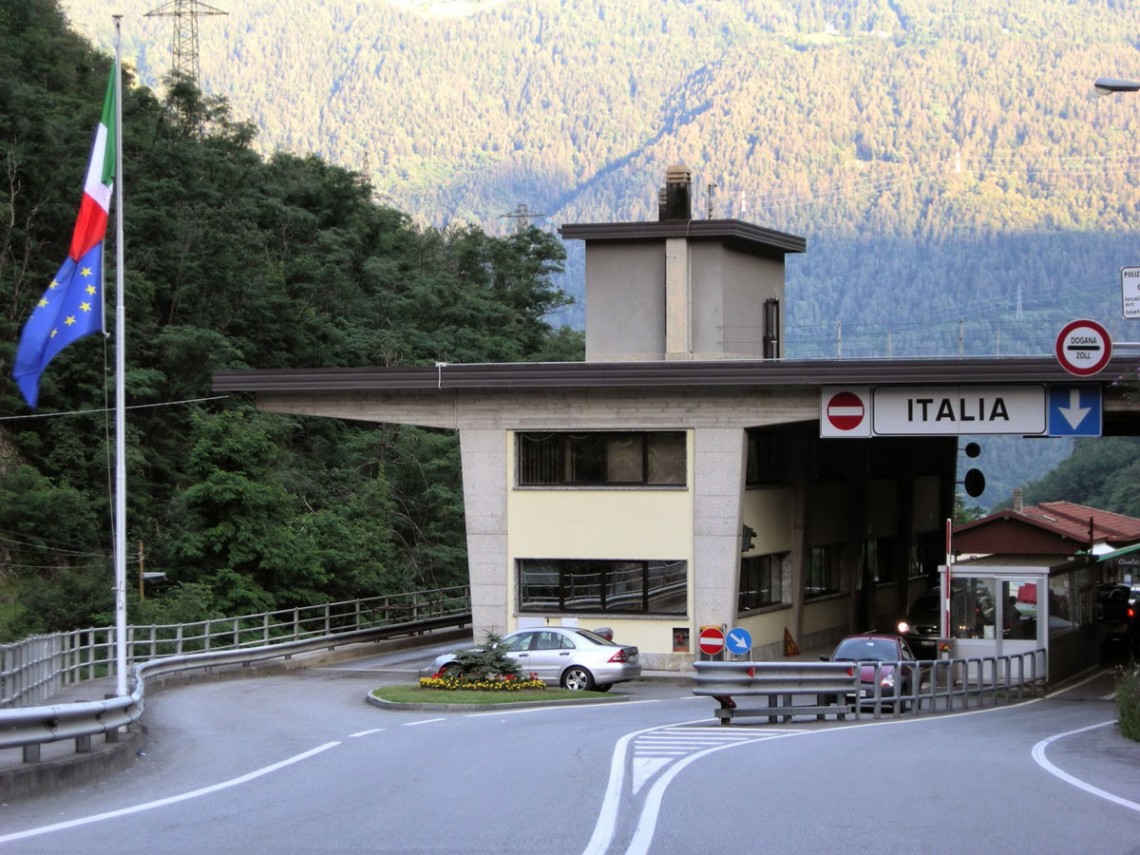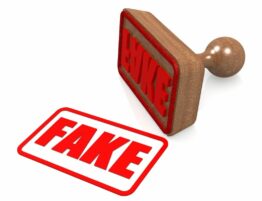
If the customs field is already complex in itself, it is easy to imagine how it can become even more complicated when it concerns the transit of goods protected by patents. This specific aspect has been recently dealt with by the Firm, in a case in which the release of goods had been unlawfully suspended by the La Spezia Customs Department in an alleged case of counterfeiting. The case under examination concerned a shipment of imported goods, with a patent for Italy, France, Germany, the United Kingdom and the United States. The actual validity of the patent was, however, the subject of a dispute before the Court of Bologna, with the result that the imported goods could be considered as “suspected counterfeit”. The goods left from the port of Busan (South Korea), heading for the port of La Spezia. Once unloaded at La Spezia, the whole shipment was supposed to pass through Switzerland under transit procedure (T1), to then be delivered to the final consignees (located in Colombia and Abu Dhabi), following logistics handling by a Swiss operator. Therefore, all the parties involved in the delivery were not located in any of the countries in which the patent was valid, hence the goods could have been easily cleared through customs. However, other documents (ocean bill of landing and purchase invoices of transported goods) sug-gested that the transport would end in Italy, Country in which the patent was fully valid. The La Spezia Customs, in fact, through the S.V.A.D. Office (Customs Antifraud Surveillance Service), issued a report pursuant to Article 17 of regulation (EC) No 608/2013, temporarily suspending the release of the goods in question, because their entering could have “infringed the intellectual property rights of Third Parties”. An administrative proceeding was started on behalf of the importer with the purpose of obtaining the cancellation of the Customs record, from the Customs of La Spezia, as self-remedy, arguing that the goods in question had been imported under transit procedure and were not destined to any of the countries in which the patent was valid. Such defensive strategy was particularly effective be-cause it allowed to obtain the cancellation of the report suspending the release very quickly (just 3 days from the date of the filing of the application).
Following the above, however, the Customs Authority – upon instructions by the Modena Public Prosecutor- ordered the urgent probative seizure of the goods in question. A few days after the cancellation of the report suspending the release, in fact, the patent holder had filed an accusation-complaint before the Modena Prosecutor, stating that the goods violated Articles. 517ter paragraph 2 of the Italian Criminal Code (Manufacture and sale of goods made by usurping industrial property). The probative seizure was confirmed and the notice of investigation, pursuant to Article 369 of the Italial Criminal Procedure Code, was served to the Client’s legal representative. Following this further development, an application to revoke and review the probative seizure was filed on behalf of the importer, highlighting the absence of the alleged offense (Manufacture and sale of goods made by usurping industrial property), since the goods concerned – placed under transit procedure– never entered the Italian State (where the patent protection was valid), but were meant to transit through it only to be then received in Countries where that protection was not operating (Switzer-land, Colombia and Abu Dhabi). Several case law decisions of Italian Courts and of the European Court of Justice were quoted to support the application for release from seizure. This case is of particular interest since it highlights how -when organizing international shipments- the presence of adequate documentation, accom-panying transiting goods, allows to minimize the risk of customs investigations that may cause delays in freight traffic and in any case may damage commercial import / export relationships.
(Bologna Office – Stefano Campogrande, +39(0)51 2750020)





